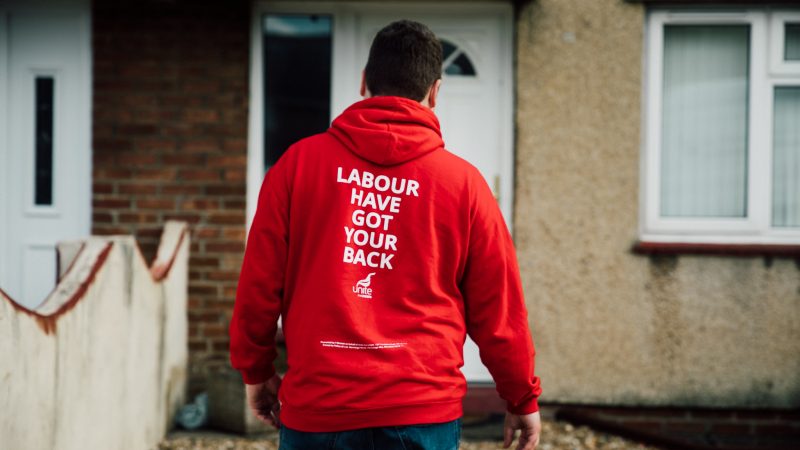
Members have until 10 January to put themselves forward to stand in a non-battleground parliamentary constituency.
Labour needs talented candidates from all backgrounds to stand to be MPs. Every voter in every part of England, Scotland and Wales should have the opportunity to vote for a Labour candidate.
As a member of Labour’s national executive committee, in 2017 I was part of a panel of three people that selected Labour’s candidates in the eastern region. Many of those seats were considered unwinnable.
Some of these “unwinnable” seats ended up returning Labour MPs, and new analysis LabourList published today by Election Maps UK suggests dozens of non-battleground seats could even turn red if current poll leads were replicated at the election.
If you are thinking about applying to be a candidate in a non-battleground seat, here is some tips and advice.
A chance to raise your profile and build your network
Being selected to stand as a Labour parliamentary candidate is an honour, regardless of where you are selected.
All candidates exemplify Labour values and in 2024 the scrutiny of all our candidates will be extremely high. All our parliamentary candidates are part of a special network.
If you are selected, you will meet likeminded people, as well as the risings stars of the future. It could be a chance to make lifelong friends and build your network as you consider the next step in your career.
A valuable learning experience
Standing in a non-battleground seat is a great way to learn the fundamentals of being a parliamentary candidate. You will develop your skills in campaign strategy, political communications and community learnership.
A friend stood in an unwinnable seat against a high-profile Conservative cabinet minister and had lots of fun debating them at the local hustings.
Many successful Labour MPs stood in non-battleground seats before they were selected in more winnable seats. In the last ten years, some people have contested non-battleground seats that are now key marginals. (Special shout out to Josh Fenton-Glynn who contested in Calder Valley in 2015, 2017 and 2019 and has a real chance to finally win the seat at the next general election!)
If you do a good job as a candidate, working hard, connecting with voters, building relationships with your community, members and party staff, you will be well set-up for the future.
I can think of lots of examples of candidates impressing people in non-battleground seats that find doors open to them in future because of the positive attitude and work ethic. (The reverse can also be true, if you get a reputation for being difficult and unpleasant to work with, people will remember.)
Even if you aren’t successful, the act of putting yourself forward and making a good showing in a selection meeting can open doors for the future. Positivity, persistence and resilience often pays off.
Be a team player (and don’t expect to be treat like a candidate in a priority seat)
If you are going to stand in a non-battleground seat, it is best to approach the experience with no expectations of winning. Upsets do happen and voting patterns have changed dramatically since the 2016 Brexit referendum.
This has turned the notion of a safe seat on its head for Labour and the Conservatives. I selected candidates in 2017 in places like Peterborough and Ipswich not expecting that we would win. Politics can be unpredictable.
But, if you seat is not a priority, expect resources and support to be allocated to the priority seats that will decide the outcome of the election.
If you want to be a candidate in a non-battleground seat, be ready to always follow the advice of the campaign organisers and regional party staff and give your full support to the local election strategy.
If you are asked to put your efforts into supporting neighbouring campaigns with a better chance of electoral success, embrace it. Be a team player and do your bit to help deliver a Labour government.




More from LabourList
New intake Labour MPs: ‘Why we set up the Living Standards Coalition’
Andrew Pakes MP: ‘We need blue-collar Labour, not Blue Labour’
LabourList readers reveal their highs and lows of Labour’s first year